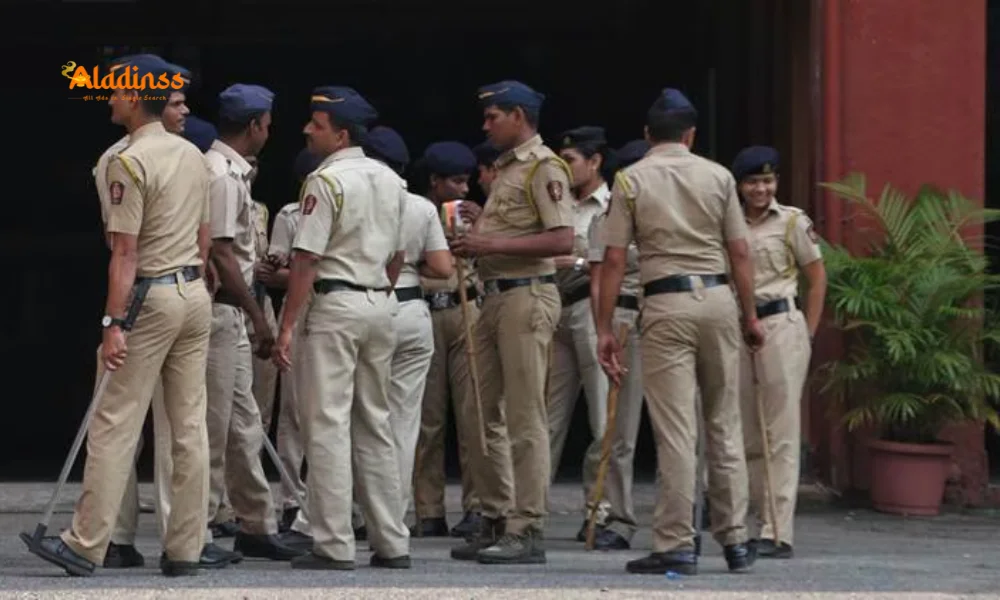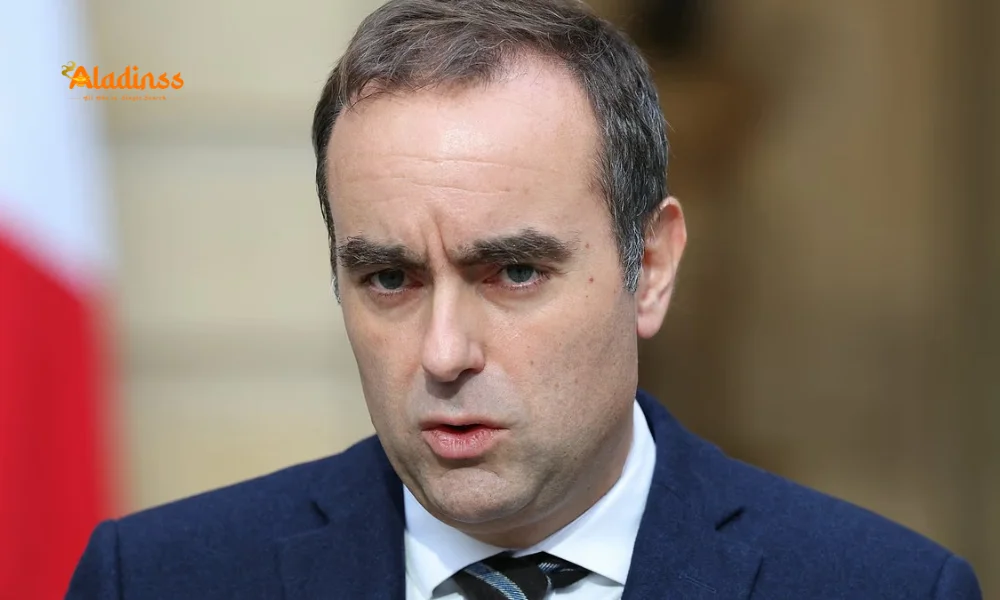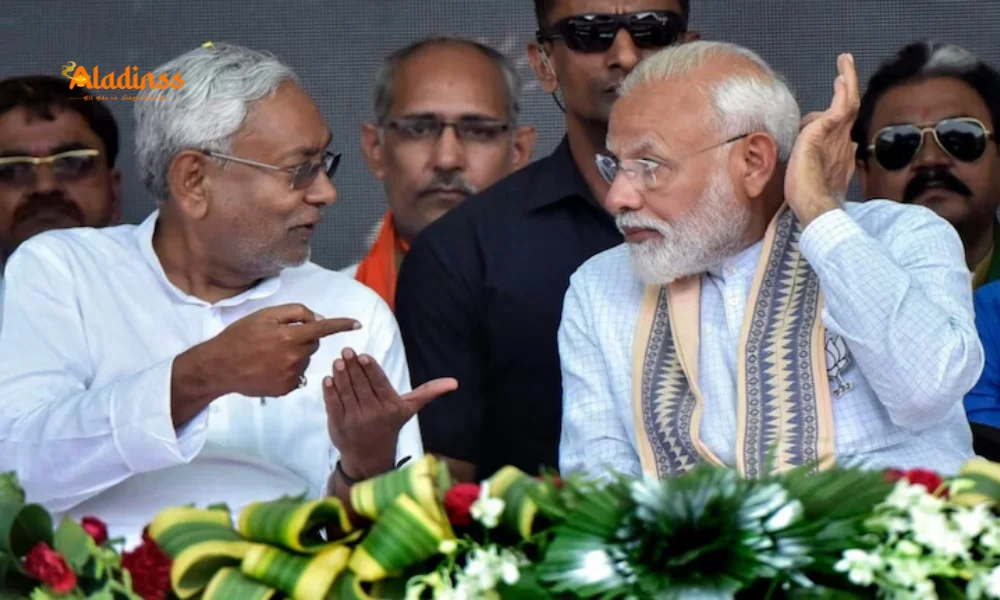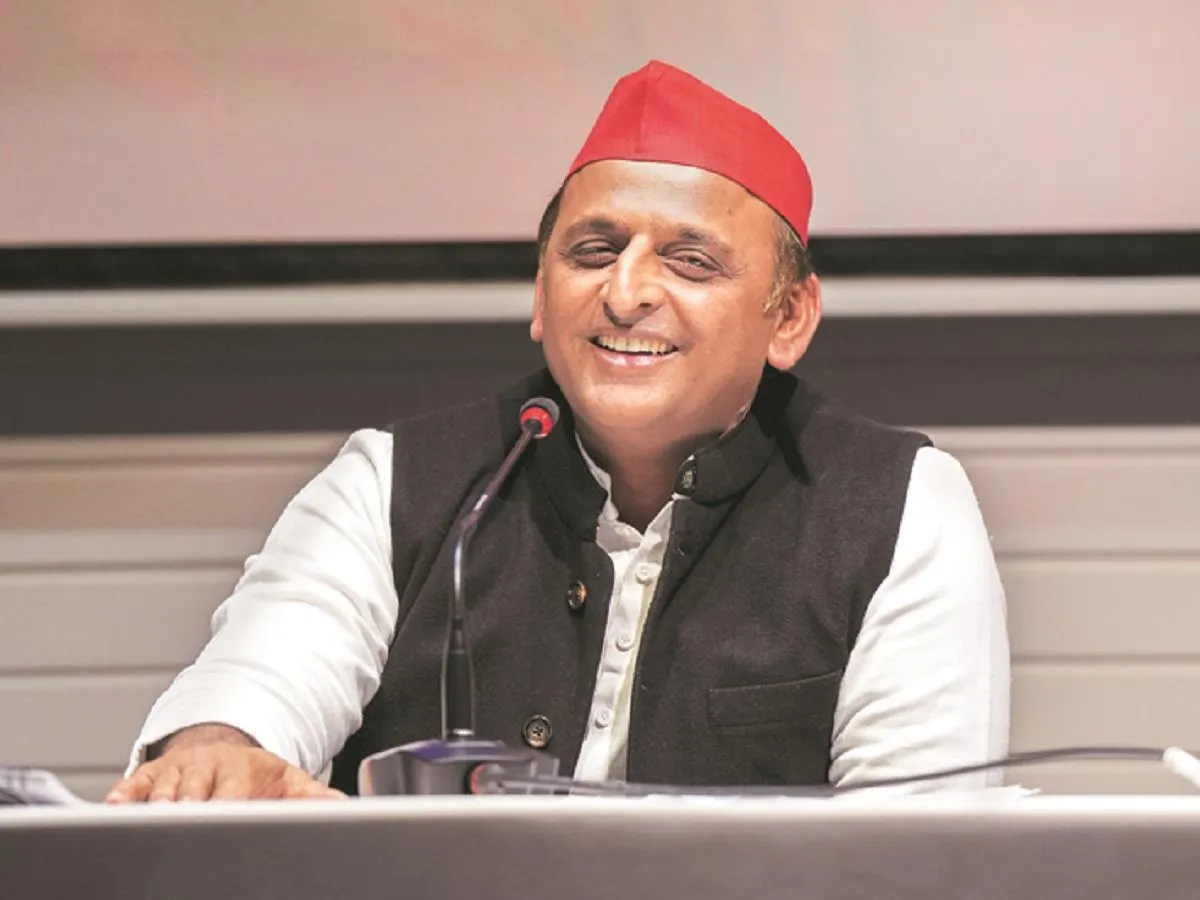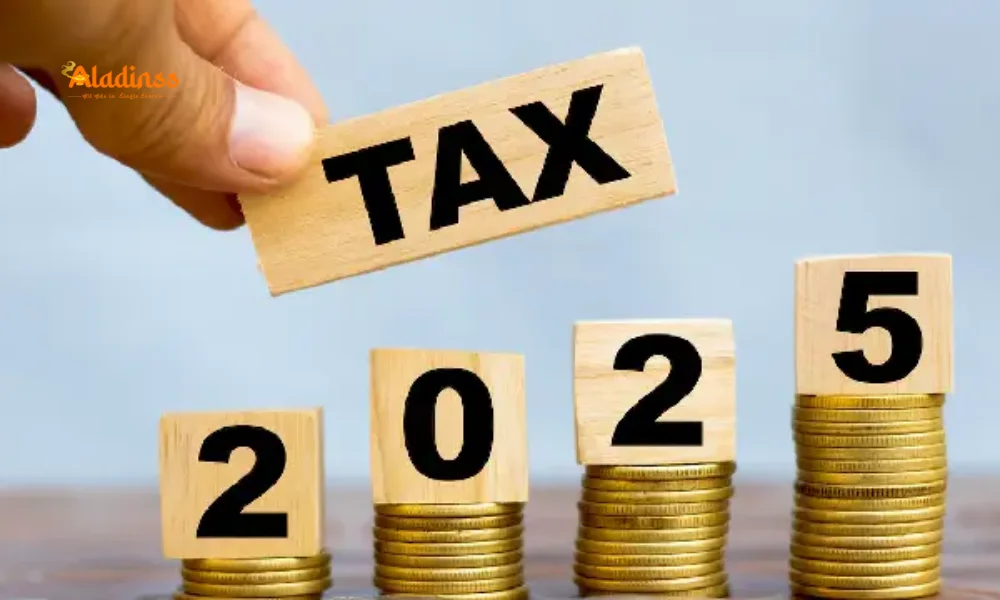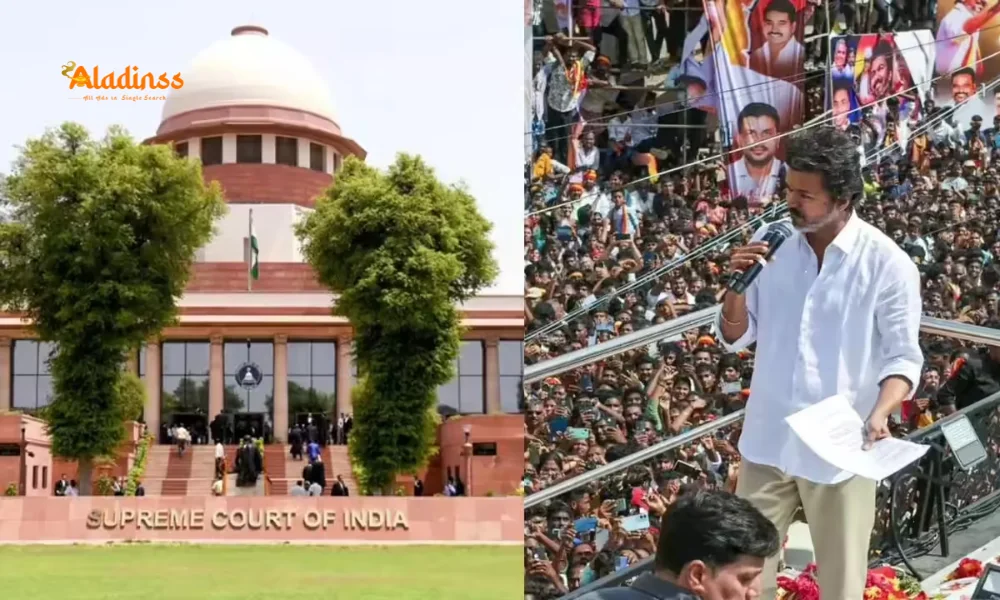Trump Rejects Nobel from Machado Winner
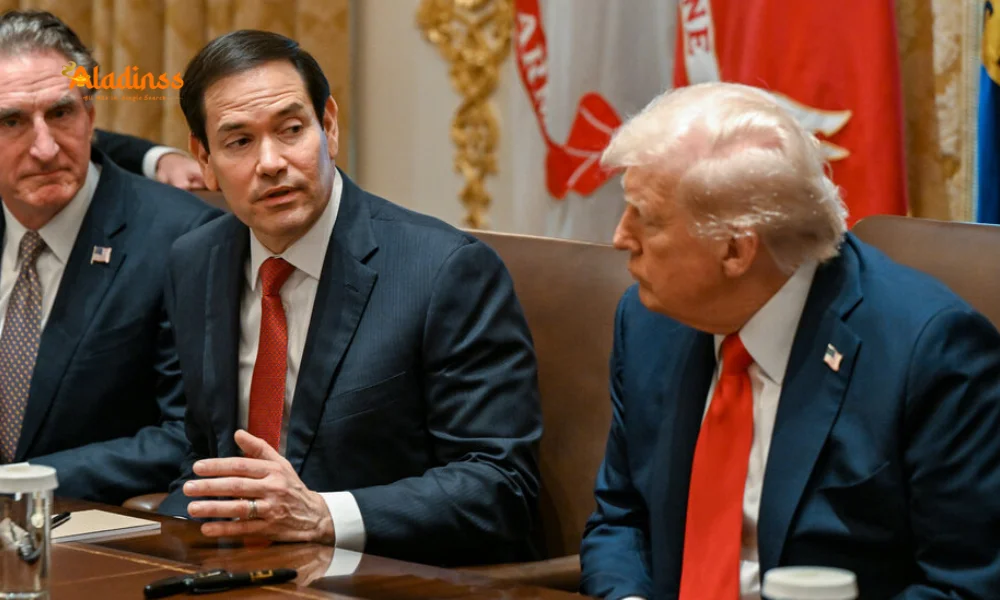
Trump Rejects Nobel Dedication from Winner Machado: White House Slams Committee Bias
In a bold display of unwavering commitment to global peace efforts, US President Donald Trump has turned down an honorary dedication of the 2025 Nobel Peace Prize from Venezuelan opposition leader Maria Corina Machado, the surprise recipient announced on October 10. Machado, hailed for her relentless advocacy for democratic reforms amid Venezuela's turmoil, revealed she would symbolically present her award to Trump in recognition of his pivotal role in bolstering hemispheric stability. Trump, acknowledging her outreach, reaffirmed his steadfast backing for her crusade to rally pro-democracy movements against the Maduro regime, underscoring a partnership that has reshaped US-Venezuela dynamics.
The gesture ignited a firestorm, prompting a sharp rebuke from the White House against the Nobel Committee for overlooking Trump's contributions to ceasefires and hostage releases worldwide. This Trump Nobel Peace Prize rejection highlights ongoing tensions between the administration and the Oslo-based panel, which Trump has long accused of partisan leanings. As Machado's win spotlights Latin America's struggles, Trump's vow to persist in forging accords and averting conflicts reaffirms his "America First" foreign policy, even sans the prestigious accolade.
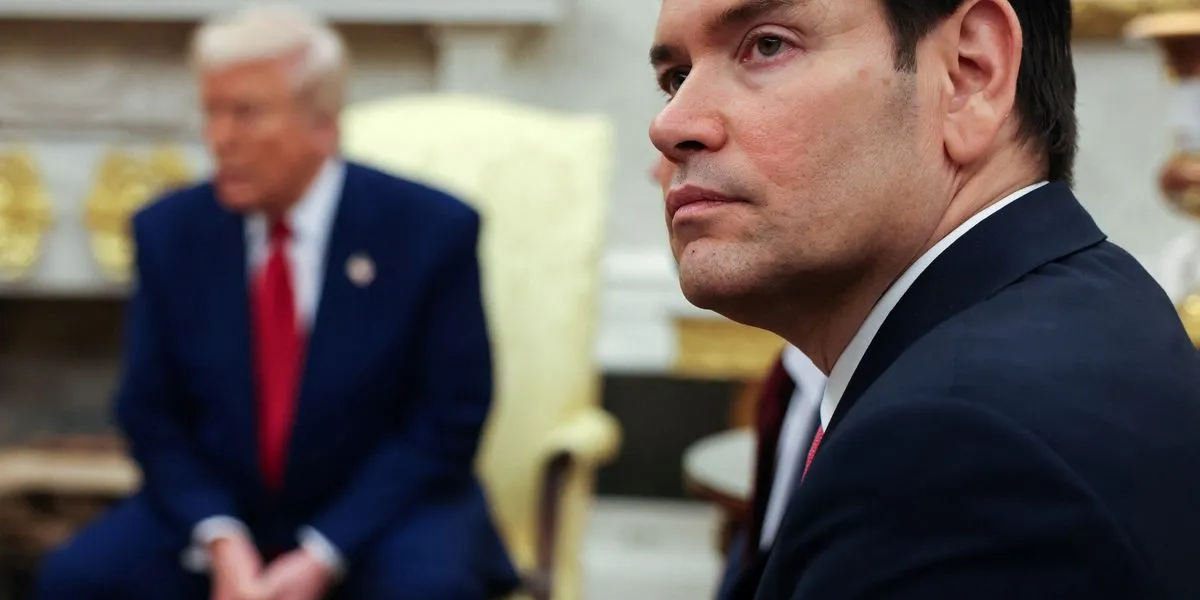
Machado's emotional acceptance, delivered virtually due to safety concerns, wove Trump's "decisive support" into her narrative of resilience, crediting US sanctions and diplomatic pressure for empowering Venezuelan dissidents. The Nobel Committee's choice, revealed amid escalating Caracas crackdowns, amplifies calls for international intervention, positioning the prize as a beacon for beleaguered activists globally.
White House Fury: Accusations of Political Bias in Nobel Selection
Escalating the controversy, White House Communications Director Steven Cheung issued a blistering statement on October 11, lambasting the Nobel Committee for favoring "politics over genuine peace-building." Cheung decried the snub of Trump – nominated multiple times for brokering Abraham Accords and Ukraine-Russia pauses – as evidence of ideological prejudice, echoing Trump's past rants against the prize's "leftist tilt." This White House Nobel condemnation revives debates on the award's impartiality, with administration allies like Sen. Marco Rubio praising Machado while decrying the oversight of Trump's "war-preventing" legacy.
The outburst resonates amid Trump's 2025 foreign policy triumphs, including a recent Israel-Hamas truce freeing 50 hostages, which some pundits dubbed "Nobel-worthy." Critics, however, counter that Machado's grassroots defiance against authoritarianism embodies the prize's ethos more than high-level diplomacy, though Trump's rejection frames it as a principled stand against perceived slights.
Internationally, reactions split: Venezuelan exiles hail the duo's synergy, while European diplomats urge focus on Maduro's atrocities over award spats. This episode, unfolding days before UN General Assembly sidelines, could galvanize Trump's midterm push, portraying him as a peace warrior undeterred by elite validations.
Machado's Historic Win: From Exile to Nobel Laureate
Maria Corina Machado's ascent to Nobel glory traces a saga of defiance in Venezuela's shadows. Barred from 2024 elections and surviving assassination bids, the 56-year-old engineer's "tireless democratic advocacy" earned the prize, as lauded by the Norwegian Nobel Institute. Her dedication to Trump – for imposing sanctions that crippled Maduro's oil empire and amplifying opposition voices – underscores a transatlantic alliance forged in Trump's first term, revived post-2024 reelection.
From Caracas boardrooms to Oslo's rostrum, Machado's journey mirrors icons like Aung San Suu Kyi, though unmarred by later controversies. Her virtual acceptance, tearful amid hiding, invoked Trump's "ironclad" aid, crediting it for sustaining the "Maria Corina Machado Trump alliance" that rallied 80% voter turnout in boycotted polls. Venezuelan diaspora in Miami and Bogotá erupted in cheers, viewing the nod as a lifeline against regime brutality.
Yet, the prize's shadow falls on Maduro's reprisals: post-announcement raids on allies signal escalation, prompting UN human rights probes. Machado's gesture to Trump, relayed via encrypted channels, symbolizes gratitude but also strategy – leveraging US clout for potential intervention.
Trump's Peace Legacy: Beyond the Nobel Spotlight
Undeterred by the Nobel Peace Prize rejection, Trump doubled down on October 11, vowing to "keep inking deals that stop wars cold" and shield innocents from tyranny. His portfolio boasts the 2020 Abraham Accords normalizing Israel-Arab ties, a 2025 Ukraine grain corridor averting famine, and Venezuela-focused ops that repatriated 200 political prisoners. This Trump peace efforts narrative, amplified via Truth Social, positions him as a pragmatic dealmaker scorned by "elitist juries."
Supporters rally around his "no wars in my first term" boast, contrasting Biden-era escalations. Detractors, including Norwegian officials, retort that true peace endures scrutiny, citing Abraham Accords' Gaza strains. Trump's rejection, framed as humility, burnishes his image ahead of 2026 midterms, where foreign policy sways independents.
Analysts speculate this saga could catalyze US-Venezuela thaw, with Trump eyeing a Caracas summit. Machado's tribute, while rebuffed, cements their bond, potentially unlocking aid packages worth $500 million for democratic rebuilding.
Global Ripples: Implications for US Foreign Policy
The White House Nobel condemnation reverberates through diplomatic corridors, straining US-Norway ties amid NATO frictions. Oslo's committee, insisting on "merit over might," defends Machado's selection as apolitical, yet Trump's barbs evoke 2018's Kim Jong-un overtures snub. This episode spotlights the prize's weaponization: past winners like Malala faced reprisals, mirroring Machado's perils.
In Latin America, Maduro brands the award a "Yankee plot," while Brazil's Lula urges dialogue. Trump's endorsement amplifies isolationist critiques, prioritizing bilateral pacts over multilateral forums. For Venezuela, it signals intensified pressure, with potential OPCW probes into regime abuses.
- Machado's exile status bars Oslo attendance, heightening security.
- Trump's past nominations (2017-2024) totaled 20, per records.
- White House statement hints at review of Nobel funding ties.
- Venezuela's crisis: 7 million refugees since 2015.
Looking Ahead: Trump's Unyielding Peace Agenda
As dust settles on the Trump Nobel Peace Prize rejection, his administration charts a defiant course: upcoming summits with Saudi-Iran mediators and Taiwan pledges underscore proactive diplomacy. Machado's accolade, though redirected, validates this vision, potentially unlocking bipartisan Venezuela aid in Congress.
For Trump, the prize's absence is no deterrent – his metric is lives saved, not laurels. This saga, blending personal slight with policy punch, reinforces his outsider ethos, captivating a base weary of "globalist games." As 2025 unfolds, expect more accords, with Venezuela as a test case for "Trump Doctrine" efficacy.
Ultimately, Machado's gesture and Trump's rebuff illuminate peace's elusive nature: forged in shadows, not spotlights. In a world of proxies and perils, their alliance endures, a testament to resolve over ribbons.
Comment / Reply From
No comments yet. Be the first to comment!

